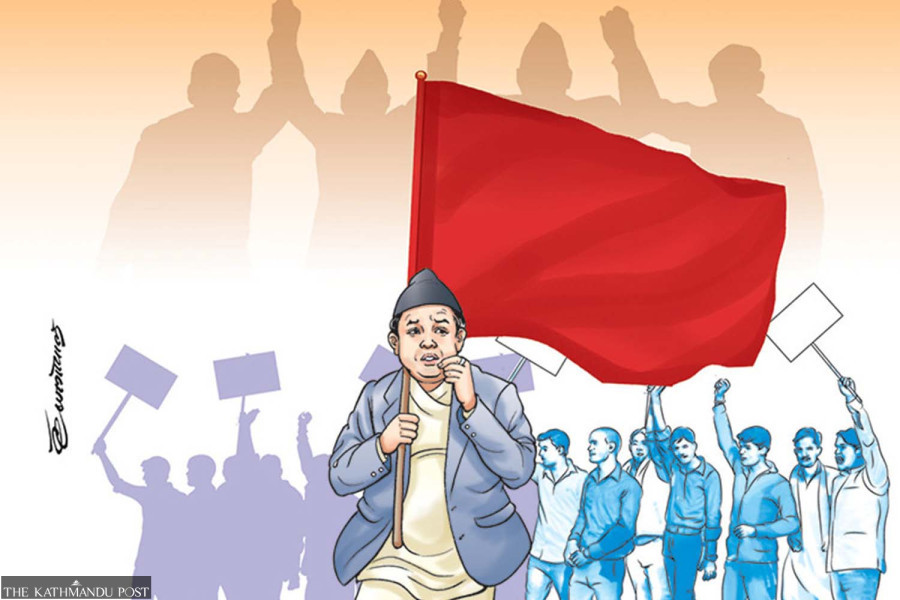Editorial
Purge or perish
Old parties must be ready to bear with short term pain for long term revival and growth.
Regular life in Nepal is limping back to normalcy after the unrest last week. Meanwhile, Prime Minister Sushila Karki picked three ministers on Monday, but has yet to give full shape to her Cabinet. She has a responsibility of moving ahead as per the spirit of the Gen Z revolution that catapulted her to the position of the country’s executive head. Ending rampant corruption, ensuring good governance, and creating enough decent local jobs were the most important demands raised by young protesters. They also wanted radical changes in the leadership and structure of the existing major political forces—not cosmetic and ritualistic fixes.
The interim government has to conduct the parliamentary election in early March 2026 and hand over power to an elected government. This must be done within six months in order to bring the country’s politics on the right track and ensure that our democratic rights are not at risk. For that, Karki needs the support not only of emerging forces but also traditional political parties. Unfortunately, some recent statements of leaders of the three major parties—the Nepali Congress, the CPN-UML and the CPN (Maoist Centre)—are not encouraging. The remarks of those loyal to Congress President Sher Bahadur Deuba, UML chair KP Sharma Oli and Maoist Centre chair Pushpa Kamal Dahal, in particular, suggest they are still in denial about the nearly-overnight changes brought about by the Gen Z revolution.
But the demands of the youth are in fact the demands of common folks across the country. It is just the case that the Gen Z movement expressed them more articulately than had any other group in the past. This is why the movement spread so quickly across the country, turned into a mass uprising, and took no time in toppling the government—a potent coalition between the country’s two largest political forces. Some second- and third-rung leaders in traditional political parties have again spoken of the urgent need for leadership change and structural overhauling of their parties in the wake of the Gen Z movement. But trusted lieutenants of party chiefs still seem in a mood to shield their bosses instead of listening to their comrades’ reform proposals. This is a recipe for disaster—and a sure path to irrelevance.
The public mood is firmly against the old parties, yet they are not even ready to reconsider a leadership change. Though some second-rung leaders of old parties have publicly expressed their readiness for elections, these parties have yet to make official decisions to this effect. They should do so without delay. There is no other option than to go to the March polls under new leaders. Yes, people might still choose to cast their ballots for the newer forces. But that is how the game of electoral democracy works: You are either rewarded or punished based on your performance. The old parties have in the past decade or so thoroughly let the people down. Politics is not just about immediate gains; political parties must be ready to bear with short term pain for long-term revival and growth. Any attempt to turn the clock back will not only prove futile but also suicidal.




 18.12°C Kathmandu
18.12°C Kathmandu














